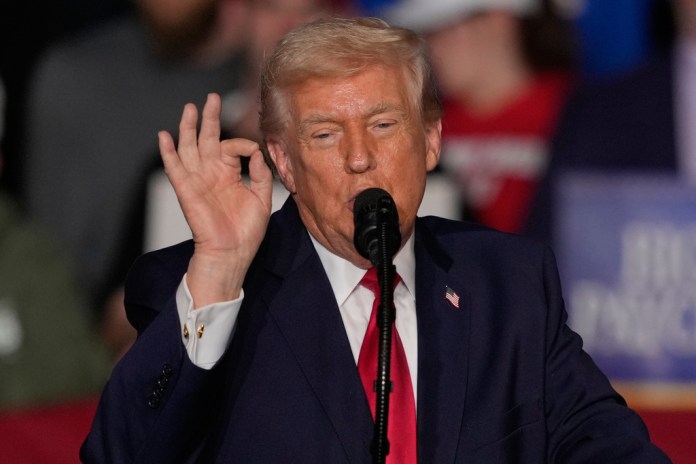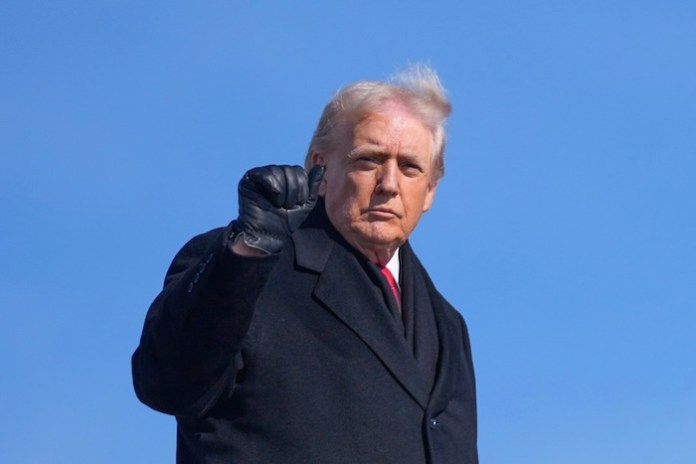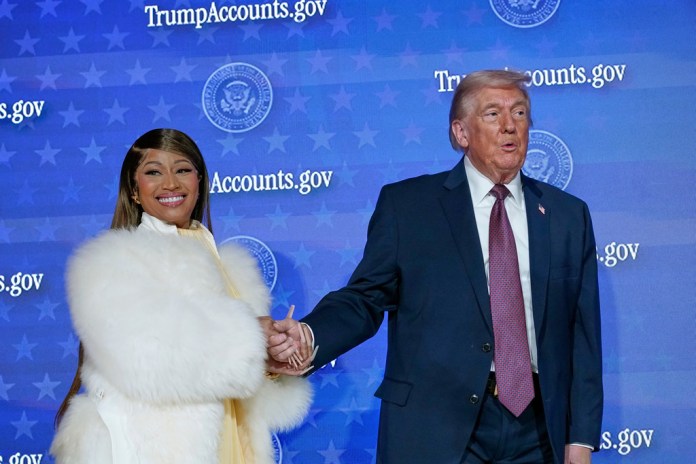Trump’s TikTok deal ‘hostage’ to China trade talks as deadline looms
The article discusses how President Donald Trump’s efforts to force the sale of the Chinese-owned app TikTok have stalled due to ongoing trade negotiations with china. Sence taking office, Trump has extended multiple deadlines for ByteDance, TikTok’s parent company, to divest its U.S. operations or cease functioning in the country. Although Trump expressed some personal affinity for TikTok, the app has effectively become a bargaining chip intertwined with broader U.S.-China trade talks.
A proposed deal supported by U.S. officials would involve TikTok’s U.S. operations being controlled by American investors, with ByteDance retaining a minority stake and possibly the U.S. government acquiring some ownership. however, former Trump governance national security officials warn that until the deal closes or a ban is enforced, user data privacy remains at risk, especially regarding biometric and facial recognition data.
Experts also highlight concerns about how TikTok’s algorithm might be used to influence public opinion by prioritizing anti-American content and favorable stories about China. The article suggests no significant progress on the TikTok deal will occur until broader trade negotiations with Beijing advance, with TikTok’s future contingent on the outcome of those talks. Commerce Secretary Howard Lutnick added that TikTok coudl be “shut down” if an agreement with China is not reached.
Trump’s TikTok deal ‘hostage’ to China trade talks as deadline looms
President Donald Trump‘s desire to force the sale of the Chinese-owned app TikTok has fallen victim to his own agenda, with a deal remaining out of reach as his administration prioritizes trade negotiations with Beijing.
Since entering office, Trump has extended the deadline for TikTok’s Chinese parent company, ByteDance, to divest to American buyers or cease operating in the United States three times. On Jan. 20, the president signed an executive order extending the deadline by 90 days. That was followed by a 75-day extension in April and a third extension in June through Sept. 17.
Trump all but told reporters earlier this month at the White House that he’d keep extending the deadline until a deal for TikTok’s sale could be agreed to by his administration and China.
“I’m a fan of TikTok,” the president mused. “My kids like TikTok. Young people love TikTok. If we could keep it going.”
Trump’s words haven’t gone unnoticed, and TikTok executives now believe that they’ve successfully avoided a ban in the U.S., according to James Lewis, senior adviser for economic security and technology at the Center for Strategic and International Studies.
“TikTok has become a hostage to the trade negotiations,” Lewis told the Washington Examiner in an interview, referencing Trump’s prolonged tariff negotiations with Beijing.
In April, the president’s implementation of gargantuan new import taxes on Chinese goods scuttled a deal brokered by Vice President JD Vance, Trump’s lead negotiator on the topic, that had received initial approval from Beijing. However, Lewis suggested that the current trade status quo gives TikTok itself a chance to breathe easily.
“TikTok thinks they’re safe. They don’t think they’re facing any risk, and I know that because I bumped into a senior TikTok executive,” he explained. “He thought things are going really well, so TikTok thinks they’ve dodged a bullet.”
White House insiders tell the Washington Examiner that the deal Vance brokered this past spring maintains support from all the relevant American parties. The structure would see TikTok’s U.S. operations folded into a new company majority-owned and wholly operated by U.S. investors. ByteDance would pick up minority shares in the new company, and the U.S. government could even gain a stake, as floated by the president.
Still, three national security veterans of Trump’s first term in office, where the idea to ban the app over security concerns first originated, told the Washington Examiner that users will still be at risk until Trump finally closes the deal or bans the app.
“The data privacy risks TikTok presented before President Trump took office haven’t just magically disappeared,” one former aide stated forcefully. “The president’s deal makes sense, and would stop the Chinese government from potentially being able to steal any users’ personally identifying information, but until the contract is signed and the tech is moved over to the American servers, everyone on the app is still at risk.”
“My biggest concern has to do with the biometric and face recognition data that TikTok actively tricks users into handing over,” a second former Trump official added. “Just because they haven’t found out a good way to weaponize it yet, doesn’t mean they won’t in the future.”
Lewis argued that TikTok’s greatest threat has nothing to do with data scraping, but how the app allows Beijing to craft and circulate its own “narrative” to millions of Americans.
“For the Chinese, it’s a long-term campaign to undermine the U.S., both abroad and domestically, by using a narrative that’s very anti-American,” he explained, noting how the opacity of TikTok’s algorithm essentially means the company can choose what content reaches critical circulatory mass. “They can do other things, things about police violence or racism in America get a higher priority. Positive stories about the U.S. get a lower priority. Positive stories about China — high priority.”
Ultimately, people familiar with the matter, both at the White House and beyond, agree that there won’t be any further progress on the TikTok deal until Trump finalizes trade talks with Beijing, on which the president has similarly kicked the can multiple times.
“If the negotiations go well, TikTok is safe. If it doesn’t work out, you know, [Trump] may do something to them, so you can see it makes a lot of sense to hold TikTok as a bargaining chip,” Lewis concluded. “But no one expects anything to happen until the trade talks get closer to fruition.”
TRUMP ORDERS INVESTIGATION OF FEDERAL GRANTS USED FOR ‘ILLEGAL’ LOBBYING
Commerce Secretary Howard Lutnick gave a sharper assessment, putting a little bit of daylight between himself and the president by telling CNBC during a recent interview that, should Beijing not agree to terms, “then TikTok is going to go dark.”
" Conservative News Daily does not always share or support the views and opinions expressed here; they are just those of the writer."




